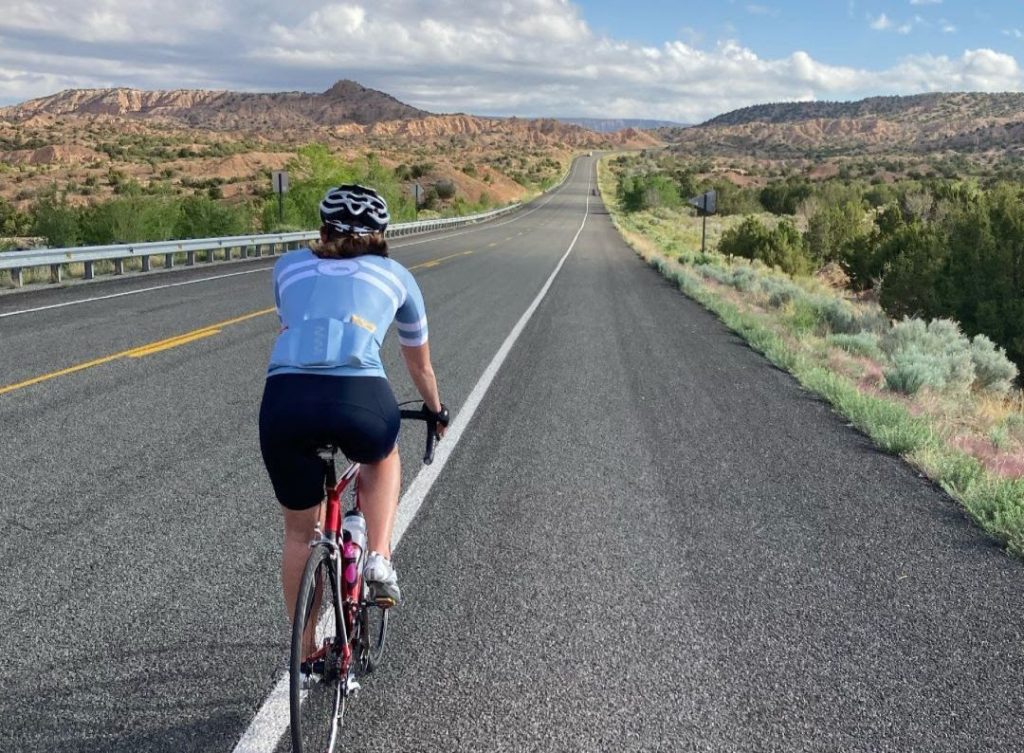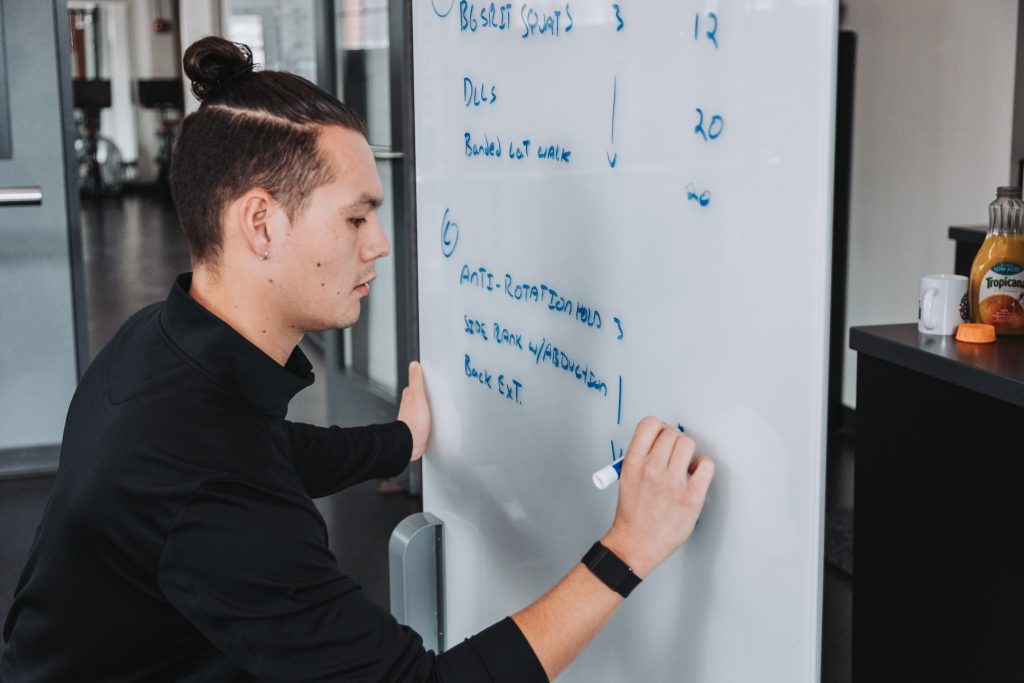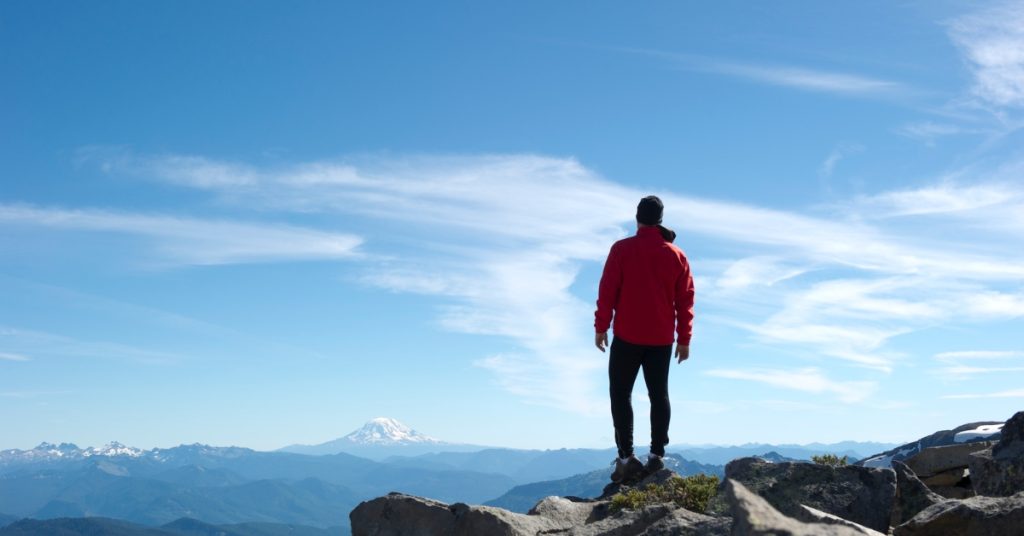If 2020 showed us anything, it is how to reset our goals and expectations. With changes in travel, cancellation of race schedules, and readjustment of our daily routines, COVID-19 has forced us to re-navigate our training schedules and reprioritize why we do all this training in the first place. For many of my athletes, including myself, I found 2020 to be very productive and help me establish positive net results.
Did it provide clarity and a moment to look in the mirror to ask the questions, why? Why do we train? Why do we have structure? Why do we subject our minds and body to the discipline of the sport? Is it true we only train for the primary purpose of competing in events? If so, then 2020 was equivalent to a collarbone break. But we can take away something from 2020. It has taught us to re-evaluate and question our purpose for training. Not only do we train for events, but we train to be better versions of our self physically, spiritually, and emotionally. Our greatest challenge is adapting to the changing environment we now live in. This year provides us the time to realize we train for a higher purpose than just an event.
Many athletes found 2020 a space to focus on the deficiencies that were neglected in previous years. Others saw 2020 as an opportunity to go back to the basics of why train. For fun, for freedom, and for that high we get after we train. Other athletes leaned into another discipline. For me, this meant spending more time backpacking with my loved ones while experiencing the correlation between gym workouts and application to Montana’s rugged backcountry. I can’t say I would trade this year in for another. It was not bad, it was just different, and I was able to finally accept that.
So now here we a few months into 2021. So far, it does not look a whole lot different from last year. What if expecting the 2021 season to be “normal” sets us up for failure and disappointment again? Can and will we be able to adjust? Yes, of course, we will because we got through 2020. But this year, you may consider not rushing into adding a busy race schedule to your calendar. Consider that rushing into another schedule may potentially undervalue what we learned and took away from last year. Instead, be more thoughtful and deliberate about your training approach and training with life’s changing priorities. “The Case for Slowing Down” on our TEC podcast, Endurance Minded, provides more context for this mindset. We may need to adjust again this year. But this year, we will be able to do it with five essential lessons we gleaned from 2020:
Don’t Rush Into Things
If you’re like me and many of my athletes, we probably already have a pretty good idea of what the event schedule looks like for 2021. We also know from last year how quickly events were canceled. So take time now to reframe and focus on fitness. We all know we aim to manage CTL, ATL, Form, and Fatigue and often do that through our primary discipline, especially as we get closer to the events. But if events are canceled, consider and appreciate that fitness comes in many forms. You can and will maintain fitness without building volume. For example, focus on recovery, strength training, and test your fitness with other indoor and outdoor adventures. Some of the most successful athletes play various sports and experiment with being outside their comfort zone. Remember that athleticism is not just about training specifically for your event. Athleticism is about training yourself to move more effectively and efficiently and being just as productive as you are during a busy race season, but maybe being busy in a different way.
Leave Space for the Process
Being focused on the date of events leaves us to define outcome-based goals. These goals may be a placing, a finish time, etc. But remember, outcome-goals all stem from process-goals. So, as you set goals and objectives for yourself, remember that you can define success in lots of other ways that improve your process. For example, how are your recovery goals? What about those nutrition goals? Are you committed to these goals? The ability to define your process-goals ensures you make process improvements and view athleticism from a holistic perspective. If the event doesn’t happen, we still have those process-goals we can work on that will only make us better at reaching those outcome-based goals. Remember that Process-Goals + Performance Measures = better odds of achieving outcome-goals.
Utilize the Fresh Start Effect
The Wharton school coined the term the Fresh Start Effect. The Fresh Start Effect, otherwise known as a temporal landmark, is when we mentally flip that switch to a new start. We are all familiar with this when we set New Year’s resolutions or a new Annual Training Plan. During this time, it is easier to create a new habit and lay out our goals. But the question we need to ask ourselves is how do we define our goals considering our experiences over the last year? Also, how do we ensure we contextualize productive outcomes? The “Fresh Start” phase is a great time to capitalize on what we enjoyed last year and what worked well or not so well. Using what we learned from last year, we now have a reference point to set habits, and a trajectory for the first previous two points discussed: not rushing into things and leaving space for the process.
Write Down What you Learned
We are a few months into the New Year. If you have not written down what you learned from 2020, do so now. Write down where you see opportunities to grow. At the end of the year, you have a reference point to look back on and ask yourself what worked and what didn’t. Writing things down serves as a great way to look and celebrate your successes and readjust your 2021 plan to confront your limiters. It is surprising how many things my athletes do (subconsciously) accomplish when writing lessons learned in alignment with their goals for the year.
Challenge Yourself
Approach growth outside of just racing or participating in events. Take time to think about how you may do things differently and be creative in the process. Remember that change is also progress, and it is essential to be as productive as we can be, not only as athletes but as human beings. Ultimately, our goal is sustainability for the long term, and those challenges (as hard as they come) can be nuanced in ways to make our lives richer.
Now, get some!
Words by:
Joe Hamilton is a coach for Thomas Endurance Coaching. He has more than a decade of experience in the bicycle industry as an athlete, coach, personal trainer, and team organizer. As a USAC and Accredited Training Peaks Level 2 coach, he has helped athletes at every level prepare to reach their goals in road and mountain cycling.
Article originally featured on TrainingPeaks.




